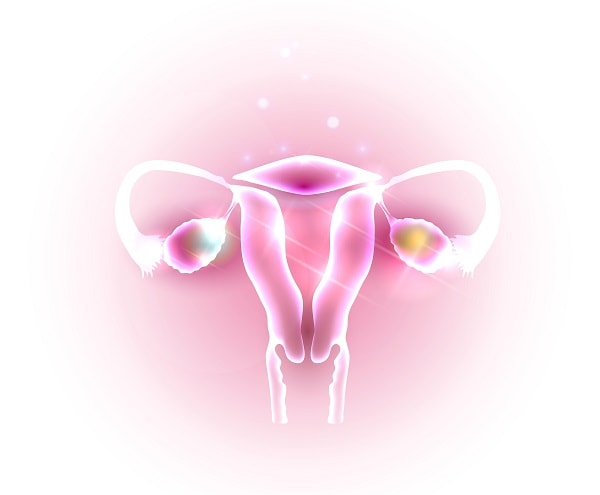Ovarian Reserve

What is ovarian reserve?
The ovarian reserve is the number of eggs a woman has at a given moment in her life and is one of the variables that define her chances of achieving pregnancy.
The better the ovarian reserve, the more time a couple will have to try to get pregnant, and there will probably be no rush to undergo complex treatments. However, when the ovarian reserve is affected by age or is below expected levels for a given age, it is essential to be proactive. It may require some intervention to achieve pregnancy in the shortest possible time before the ovarian reserve is significantly depleted.
What factors affect a woman's ovarian reserve?
A woman’s age is the most critical factor affecting the quantity and quality of her ovarian reserve.
However, women can be exposed to multiple factors in their lives that can modify the quality of their gametes. Therefore, women who have unhealthy lifestyle habits, are significantly overweight, or on the contrary, have nutritional deficiencies, are smokers or alcoholics may see their ovarian reserve and quality affected earlier.
In addition, other factors may have an influence, such as the existence of diseases: Endometriosis, cancer with the need for chemo or radiotherapy; or the history of ovarian surgery or removal of one of the two ovaries due to some disease, and the latter could dramatically reduce the ovarian reserve.
How can a woman's ovarian reserve be analyzed?
A specialist can determine the state of the woman’s ovarian reserve through blood tests and ultrasounds to advise her in making important decisions about her fertility. The most used methods, either alone or in combination, are the following:
- AMH: Anti-Mullerian hormone measured in peripheral blood.
- AFC: Antral follicle count evaluated by ultrasound.
- FSH – LH – Estradiol: When evaluated together, three hormones related to ovulation can give indirect information on ovarian reserve.




